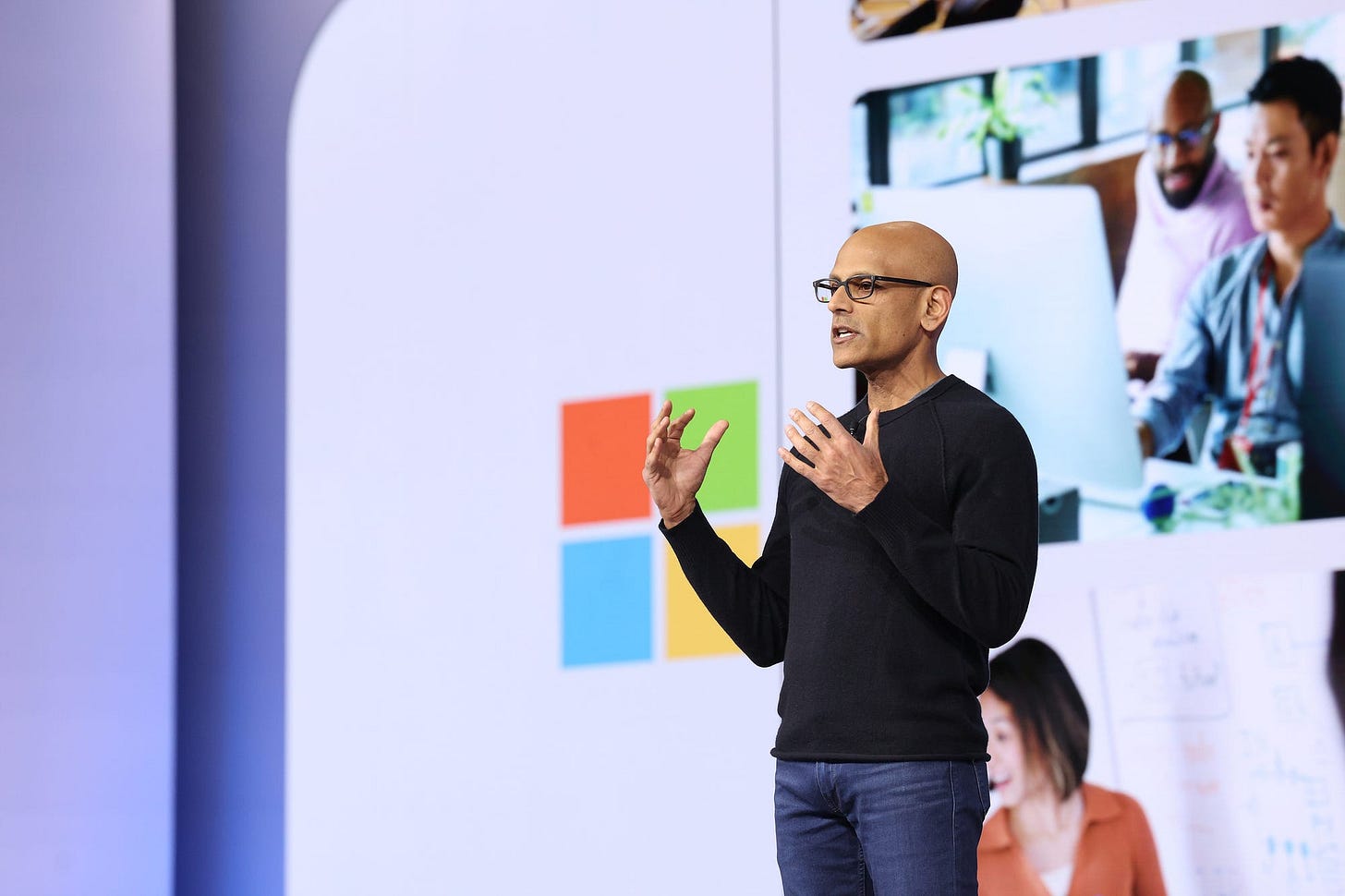Microsoft's agent platform play
What this week's GitHub news says about Microsoft's role in the AI race. Also: this week on ACCESS.
To understand how Microsoft sees its role in the AI race, look at what was announced at the company’s GitHub Universe developer conference on Tuesday in San Francisco.
The event marked a turning point for one of Microsoft’s most important but often under-analyzed assets. GitHub, which is used by more than 180 million developers, wants to be the central platform for AI coding agents. It's new Agent HQ interface lets outside coding assistants, including OpenAI’s Codex and Anthropic’s Claude Code, plug into the GitHub ecosystem.
The timing is apt. If GitHub doesn’t move fast enough, Microsoft risks being left behind by a wave of agentic coding tools that are quickly redefining what software development looks like. Tools like Cursor, which coincidentally announced a major update this week, are already orchestrating entire workflows for developers rather than simply autocompleting code. While agents aren’t yet making a significant impact in other verticals, in software development, the boundary between helper and co-worker is quickly disappearing.
Jared Palmer, GitHub’s new senior vice president, joined Microsoft from Vercel just ten days before we spoke ahead of this week’s Universe conference. “GitHub is in this interesting transition phase,” he said. “It needs to evolve into the platform for not just people, but also agents.”




